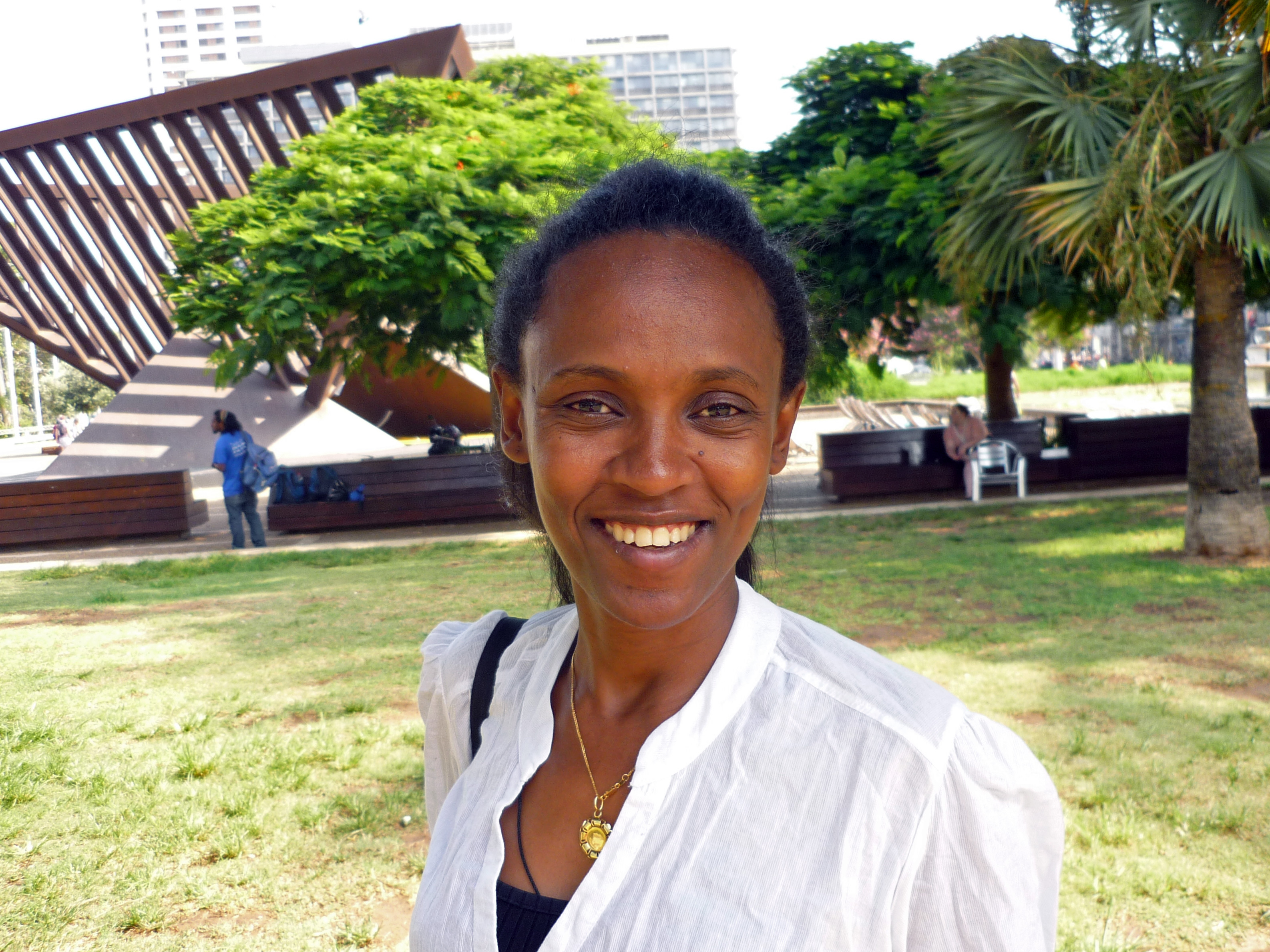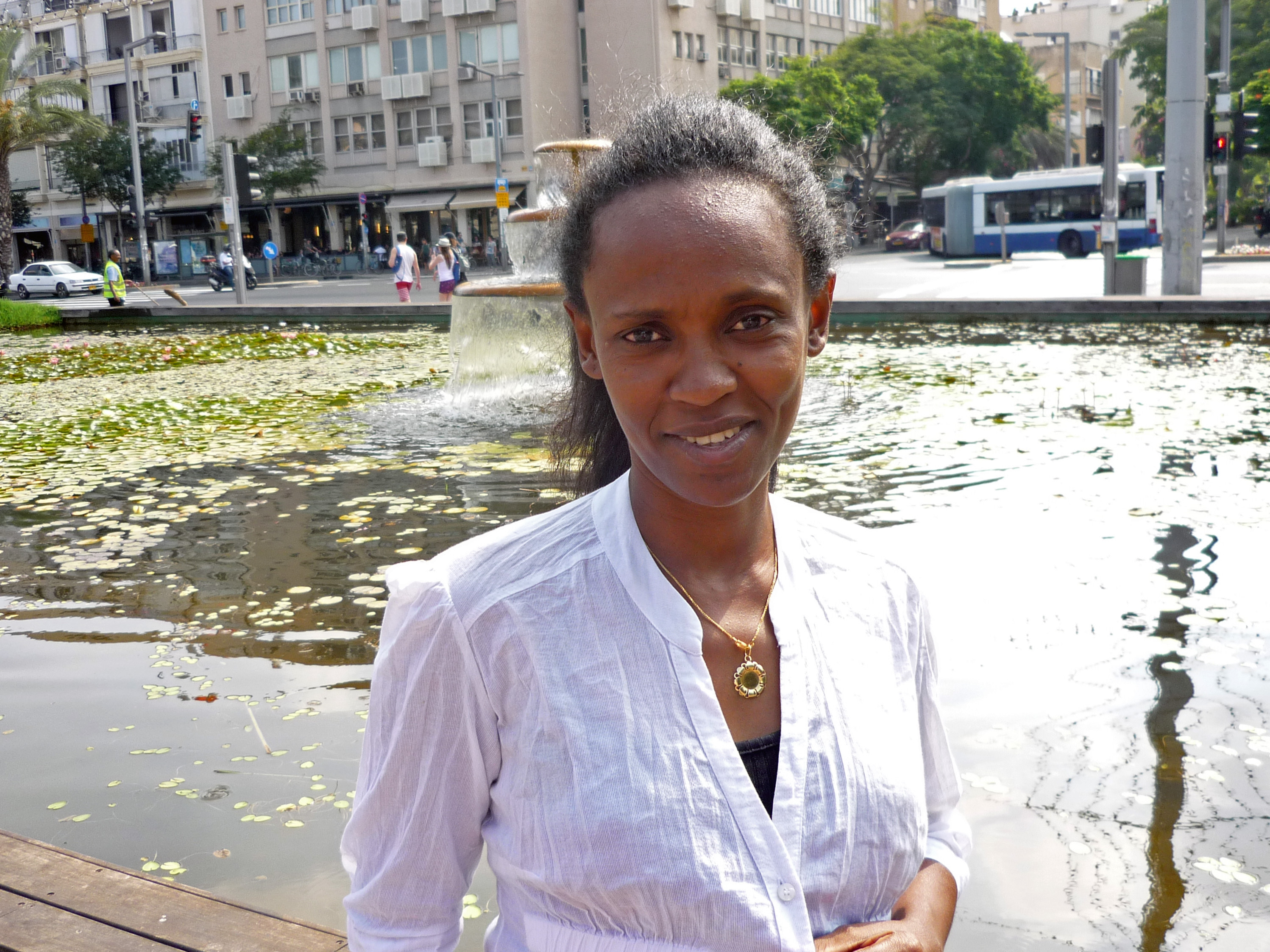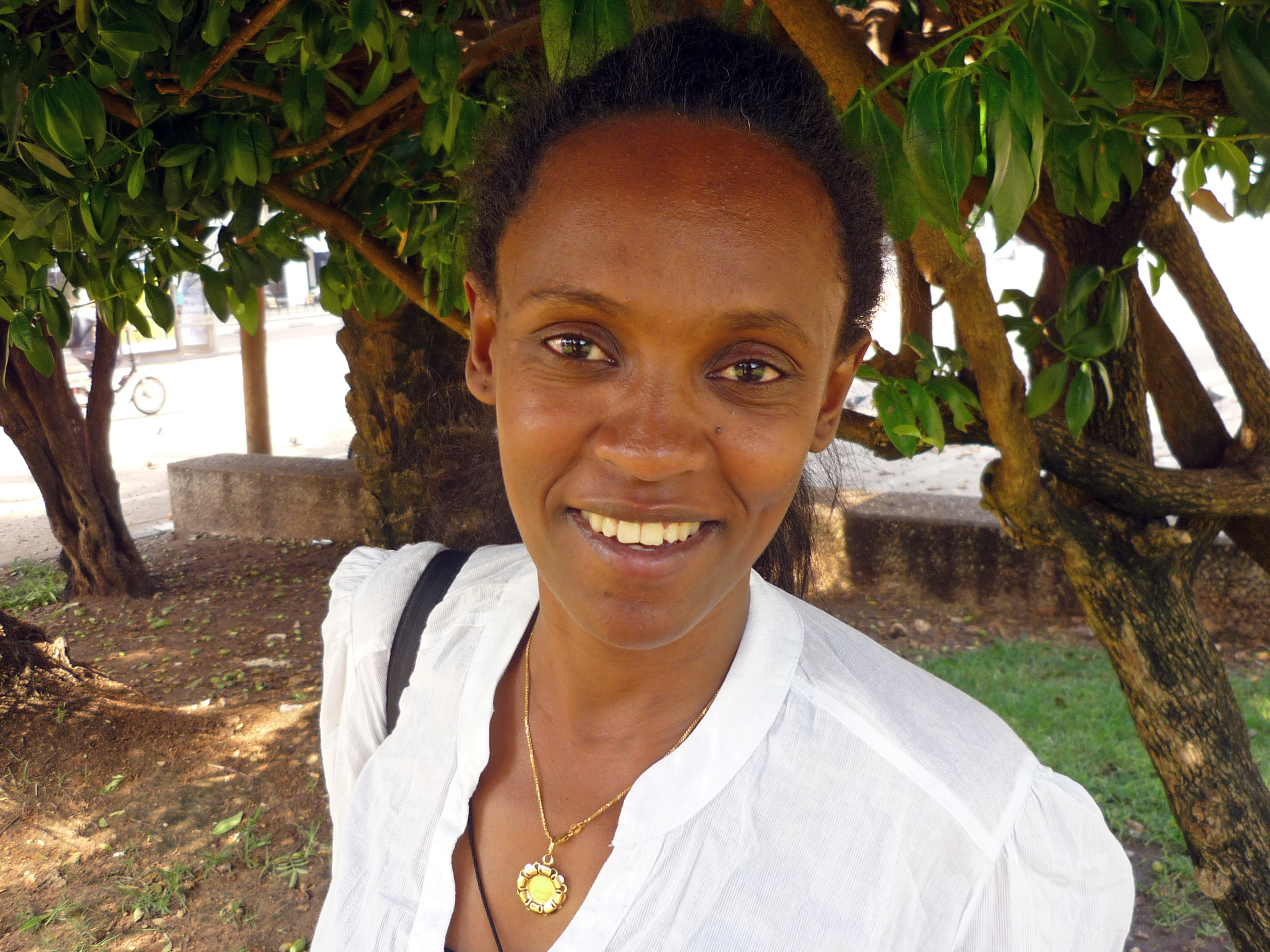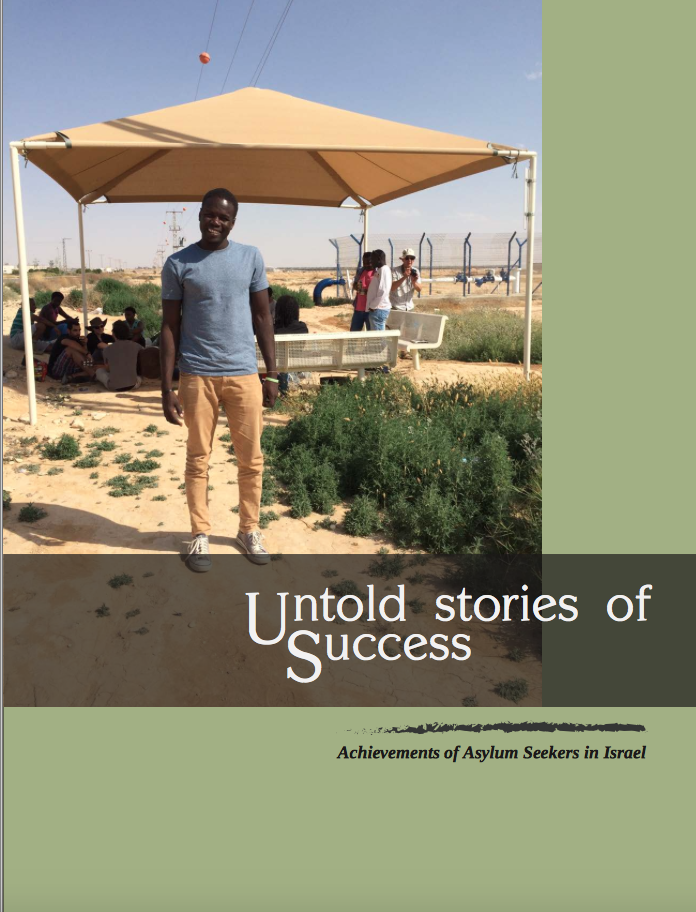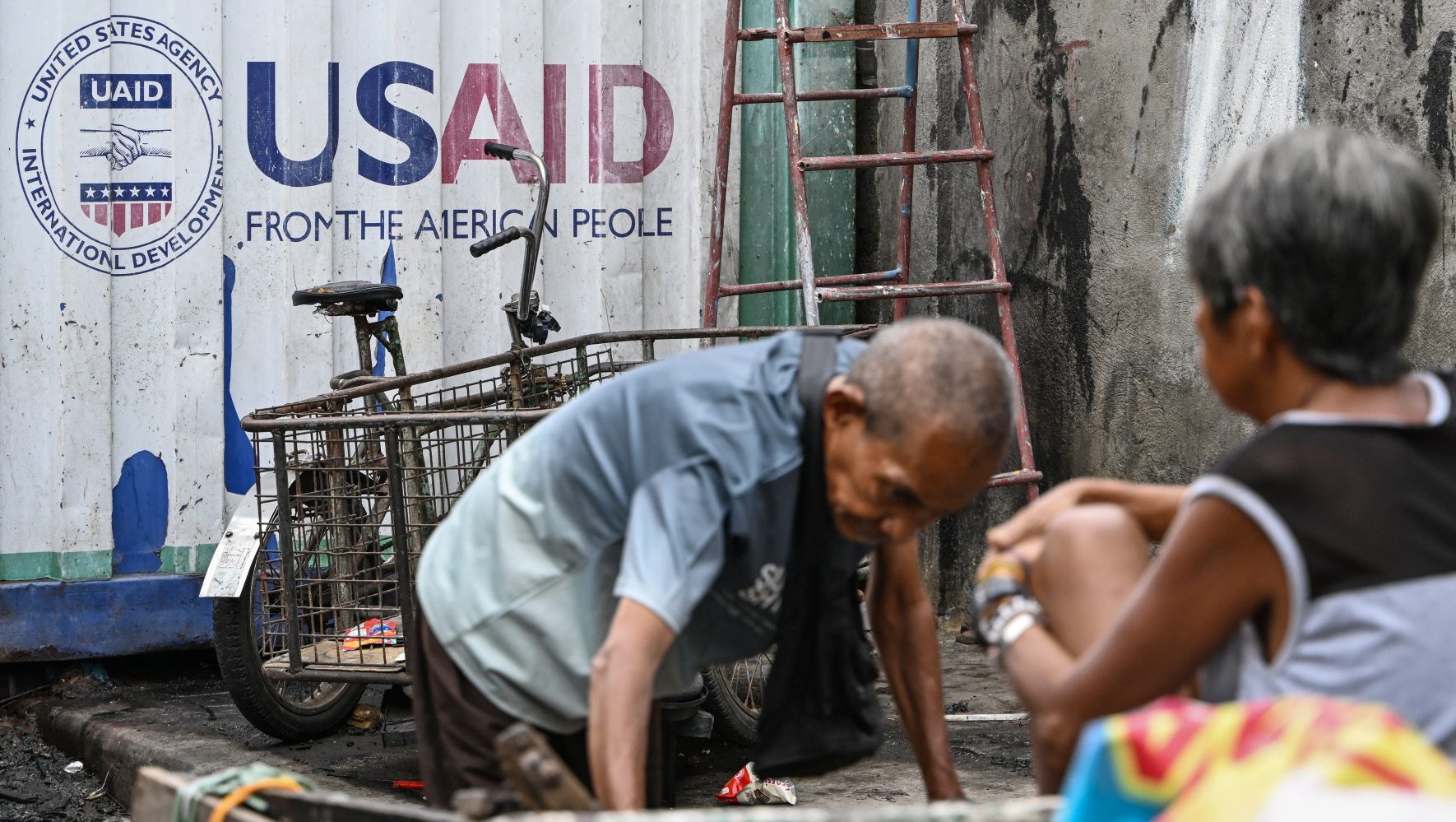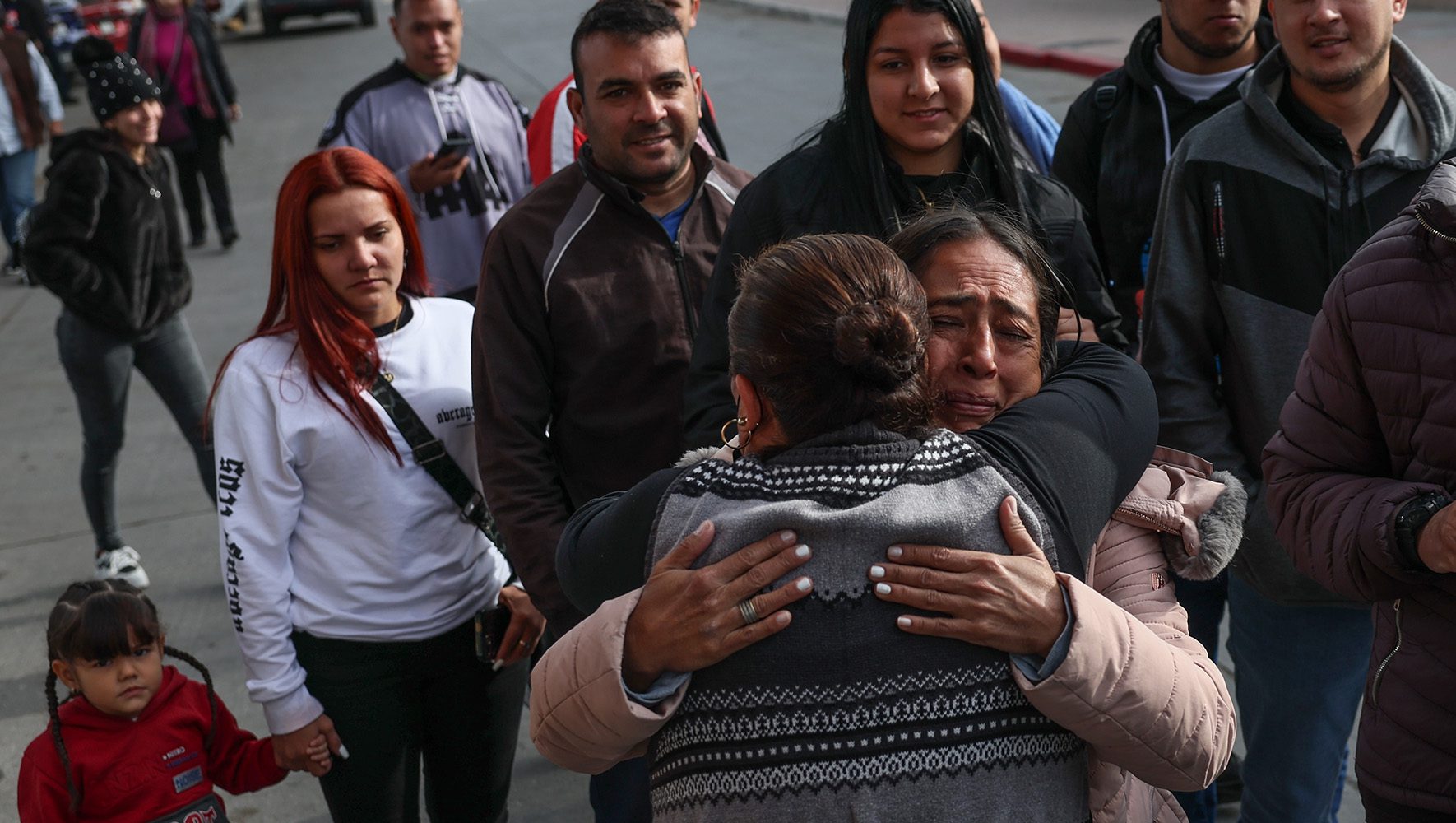Stories of Strength, Survival and Success: Asylum Seekers in Israel
By Rachel Nusbaum, HIAS.org
Jul 25, 2016
Asmait had to flee Eritrea in a hurry after she was thrown into prison for organizing a prayer group at her army base. An Orthodox Christian, she always believed that her faith would sustain her in challenging times. Yet it nearly cost her her life.
After escaping the Eritrean army, Asmait made her way to Israel, where she became a custodian in a neighborhood school. Despite her hard work, the students teased her ruthlessly. Their attitudes changed only after a teacher asked Asmait to share her story with them. Afterwards, they even began to help her clean.
“It felt strengthening,” explained Asmait. “I knew then that the reason people are not happy to see us is just because they do not know our story.”
There are many stories like Asmait’s in Israel today. Stories of tragedy and triumph, playing out quietly and largely in private; stories of ordinary people who fled torture, persecution and oppression trying to start their lives anew. Yet many Israelis, like the children at Asmait’s school, know very little about them.
Recognizing this lack of awareness, HIAS Israel, in collaboration with ARDC, the African Refugee Development Center, conducted and published a series of interviews with asylum-seekers in Israel. Untold Stories of Success: Achievements of Asylum Seekers in Israel is a compilation of these personal testimonies of struggle, survival and success.
The report was released on June 20, World Refugee Day. The interview process had a tremendous impact on both interviewers and interviewees, who were given an opportunity to tell their story and some of them for the first time.
“I have often felt chills listening to how deeply many of the asylum seekers identify with Jewish history, especially when it comes to collective memory surrounding genocide and exile,” said HIAS Legal Intern Emmanuel Cantor, a Yale undergraduate who worked extensively on the project. Cantor explained that, as the grandson of the Holocaust survivor, “these tales of tragedy and resilience echo family stories I would often hear growing up.”
A former yeshiva student, Emmanuel felt “quite grateful to be part of the present-day effort to fulfill the biblical commandment of loving the stranger. I am confident that sharing these stories will help bring about real progress on this critical issue, in line with Israel’s prophetic vision of justice and peace.”
Alexa Arena, a former research assistant at HIAS Tel Aviv and candidate for M.A. in Global Migration & Policy at Tel Aviv University, described the asylum seekers she met as “individuals with incredible motivation and drive,” and marveled at their ability to operate successfully in spite of challenging government policies.
“I hope that these powerful stories will make clear that asylum seekers are real people with feelings, families, unique skill sets and, above all, with a whole lot of potential to contribute to our society,” Arena said.
“When an experience affects a group of people, like this increasingly common phenomenon of displacement, it is easy for a person to lose their sense of uniqueness and for outsiders to view them only as members of a single homogenous unit,” said Dijana Mujkanovic, one of the project coordinators. Mujkanovic understands this well, as she herself was a refugee. Her family fled from Bosnia to the United States in 1999, when she was just 13 years old.
Mujkanovic is passionate about the importance of a project like this. “Having a chance to tell their unique story and to have it be recognized apart from others, becomes a life-affirming statement,” she said. “One is just recognized for being herself or himself.”
“This sense of identity is what the project hoped to reaffirm, both among the interviewees and the refugee community in Israel,” said Mujkanovic.
For more stories of strength, survival and success, click here to read the full report.
